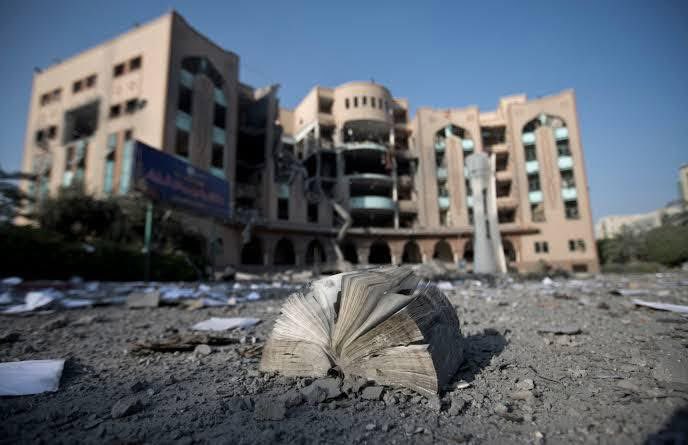The United Nations Security Council convened an emergency session on Wednesday to address the escalating humanitarian catastrophe in Gaza, with particular focus on the staggering toll on children.
UNICEF Executive Director Catherine Russell delivered a harrowing account of the conflict’s impact on the youngest victims. “An average of 28 children have been killed each day, the equivalent of an entire classroom,” Russell told the Council. “A whole classroom of children killed every day for nearly two years.”
The latest session was marked by mounting pressure on Israel to lift restrictions on humanitarian aid into the besieged enclave, where food, water, medicine, and fuel remain in critically short supply. Delegates warned that politicisation of humanitarian assistance posed a grave threat to the future of relief operations in war zones.
Denmark’s Permanent Representative to the United Nations, Christina Lassen, said: “Humanitarian aid must never be politicised. Doing so sets this dangerous precedent for the future of humanitarian work in war zones around the world.”
According to Gaza’s health ministry, which the United Nations considers credible, more than 58,000 people have been killed since the war began, the majority of them women and children. The ministry added that more than 130,000 others have been injured, many with life-altering wounds. An estimated 15,000 individuals are feared buried under rubble.

Also read: Israeli forces kill 78 in Gaza, amid deepening hunger crisis
The Council heard that Israeli airstrikes and ground operations have continued unabated, with aid seekers frequently targeted near distribution sites. The ministry claimed that Israeli forces have shot dead dozens of people at such sites since Monday.
Despite international calls for restraint, Israeli military actions have intensified following major losses inflicted by Hamas and Islamic Jihad fighters on Israeli Defence Forces in recent operations, officials in Gaza said.
Diplomats expressed grave concern that the continued siege of Gaza had resulted in a deliberate obstruction of aid, contributing directly to the rising death toll. Children, they noted, have suffered disproportionately due to both direct attacks and the collapse of essential services.
The Council session concluded with renewed calls for an immediate ceasefire and unimpeded humanitarian access. While no binding resolution was passed, several nations indicated that continued obstruction could constitute a violation of international humanitarian law.
The war, which has devastated Gaza’s civilian infrastructure, shows no sign of slowing. Hospitals have collapsed, water systems are non-functional, and disease outbreaks loom large as sanitation deteriorates.
As the meeting ended, Russell urged the Council not to let the suffering of children become an afterthought of war. “Imagine the horror,” she said, “of watching an entire generation of children vanish before our eyes.”



